2023高考英语全国新高考Ⅰ卷试题及答案
推荐文章
2023年高考英语全国新高考Ⅰ卷试题及答案
高考英语科试卷围绕人与自然、人与社会、人与自我三大主题选材,合理设计考查内容、考查要求和考查情境,体现高考对体育、美育和劳动教育的引导。以下是关于2023年高考英语全国新高考Ⅰ卷试题及答案,供大家参考!
2023年高考英语全国新高考Ⅰ卷试题及答案
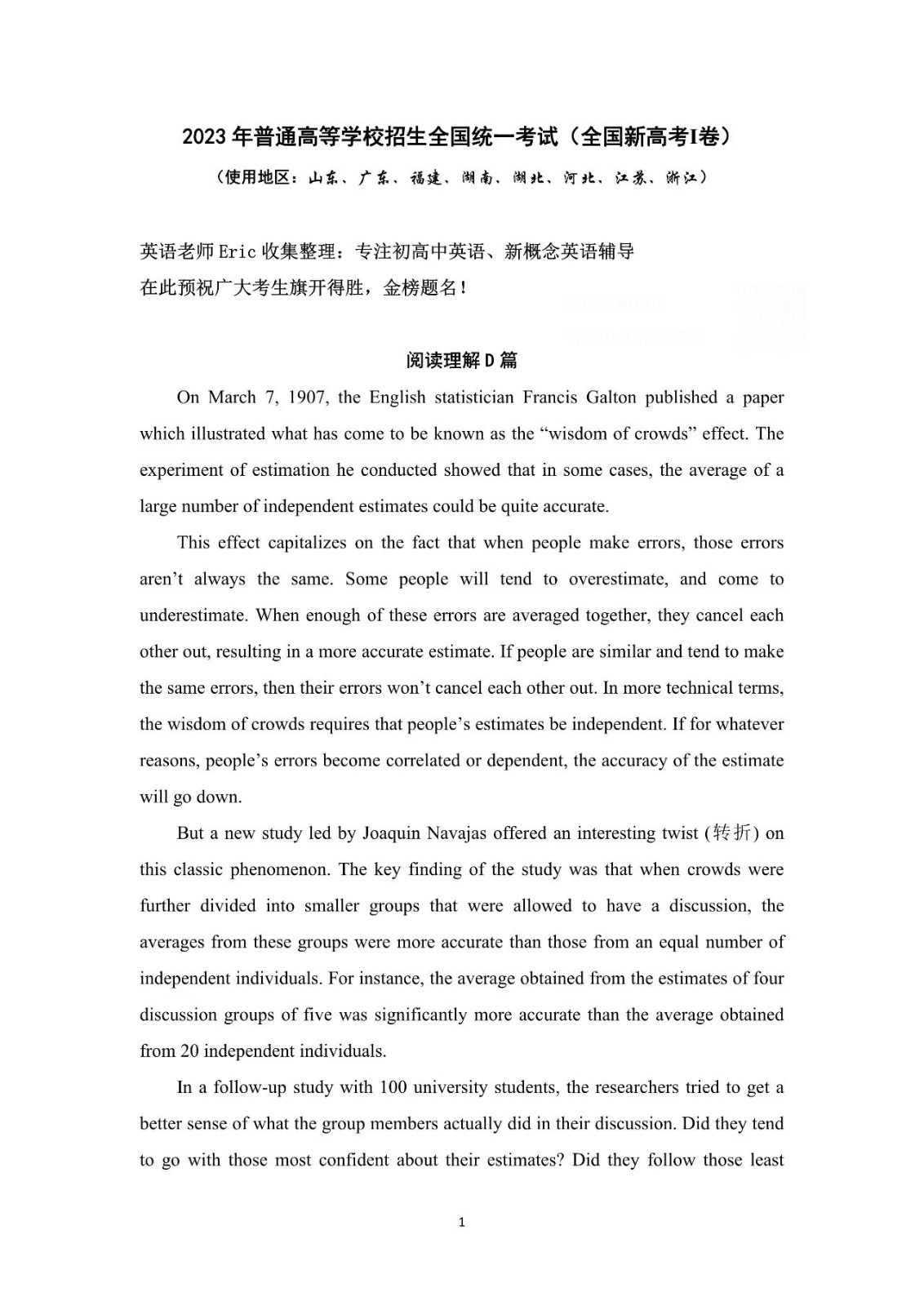
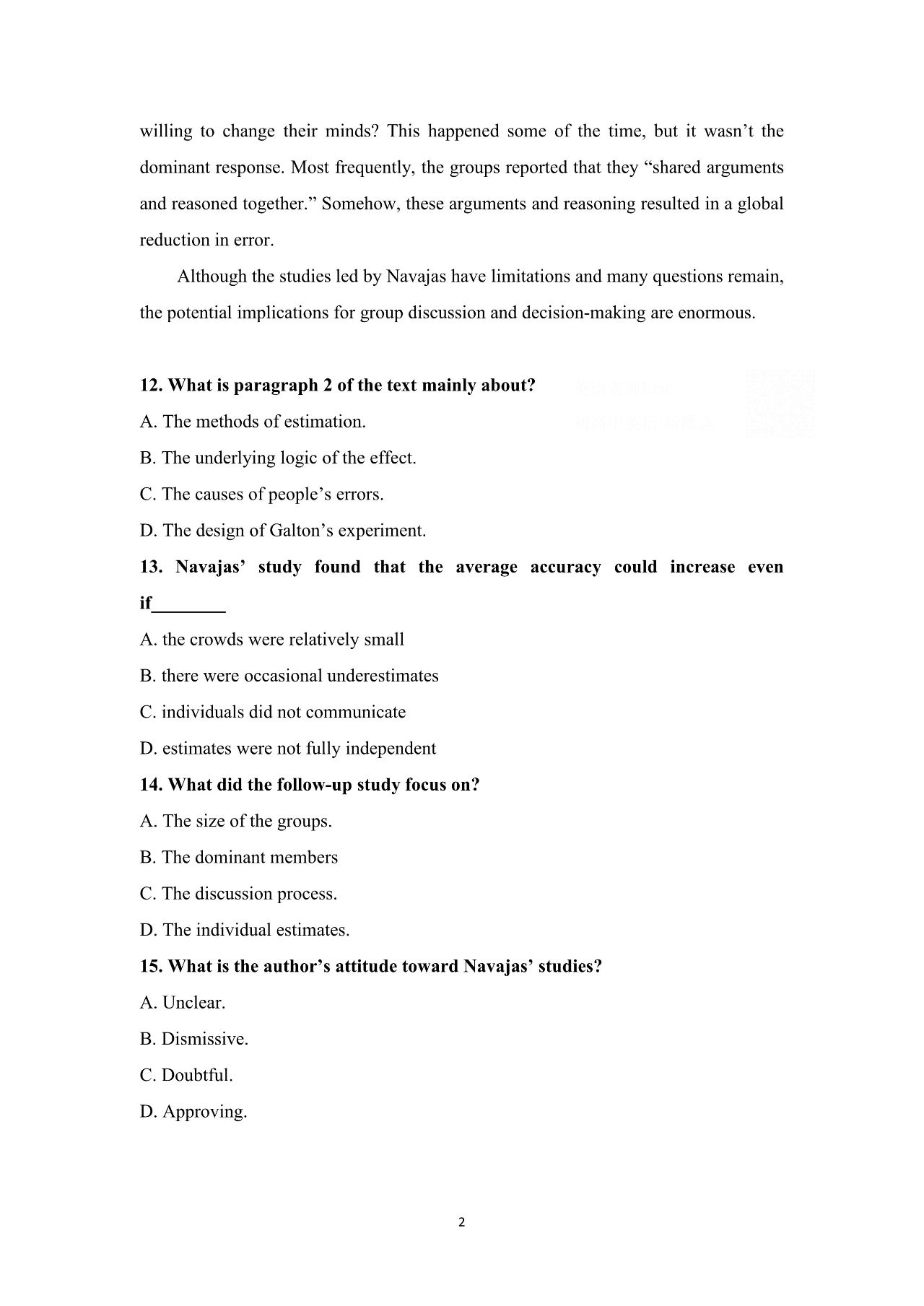
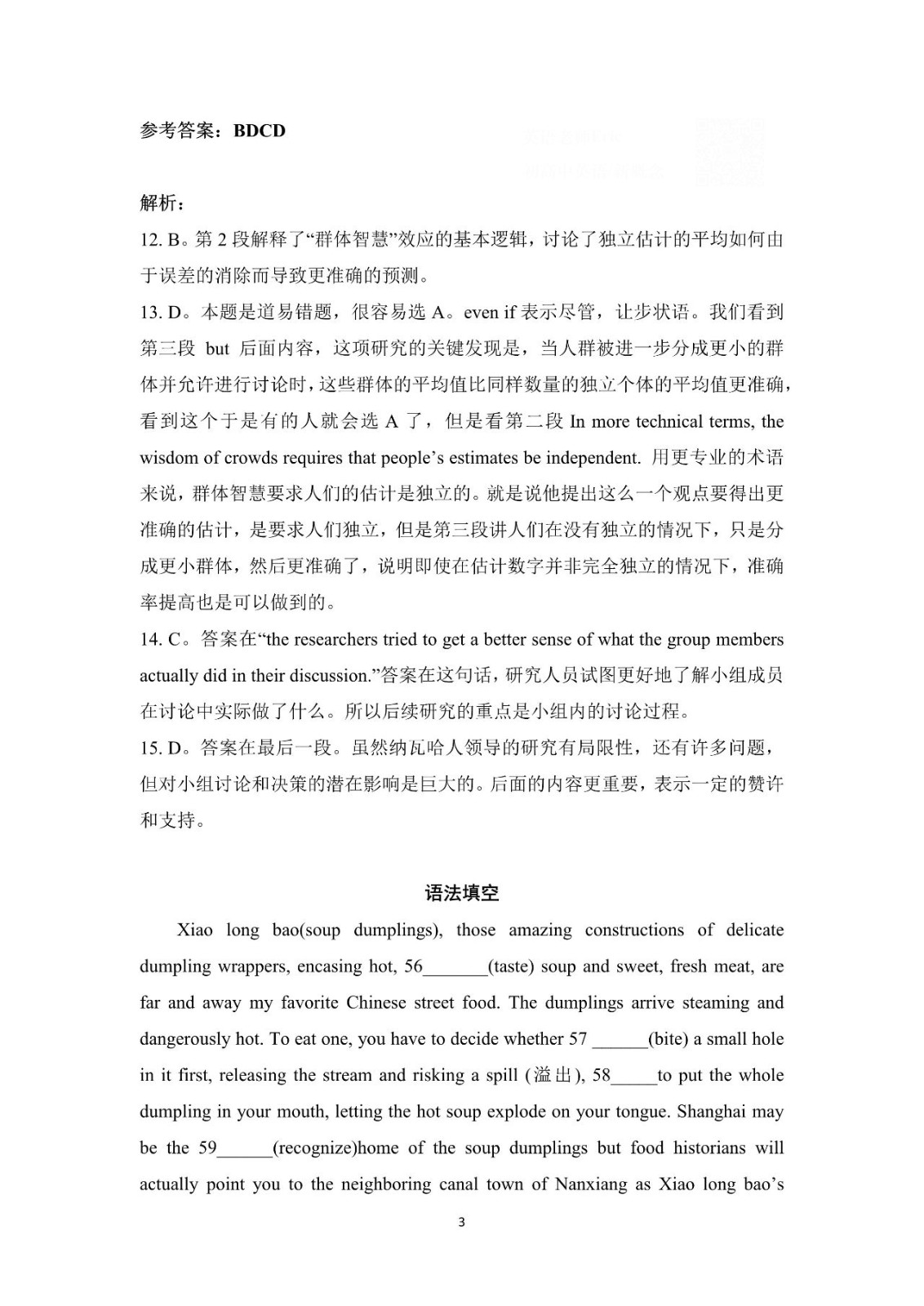
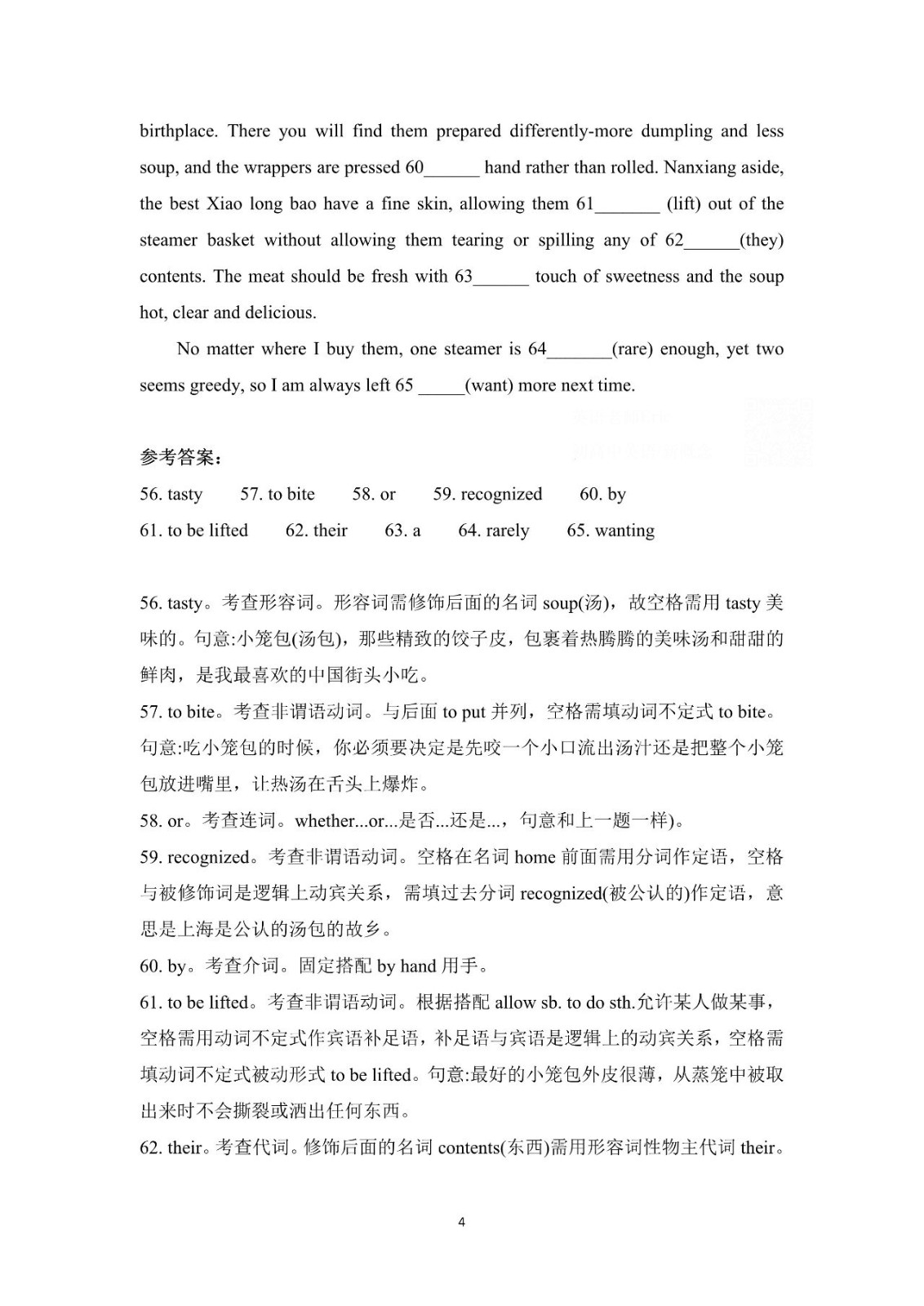
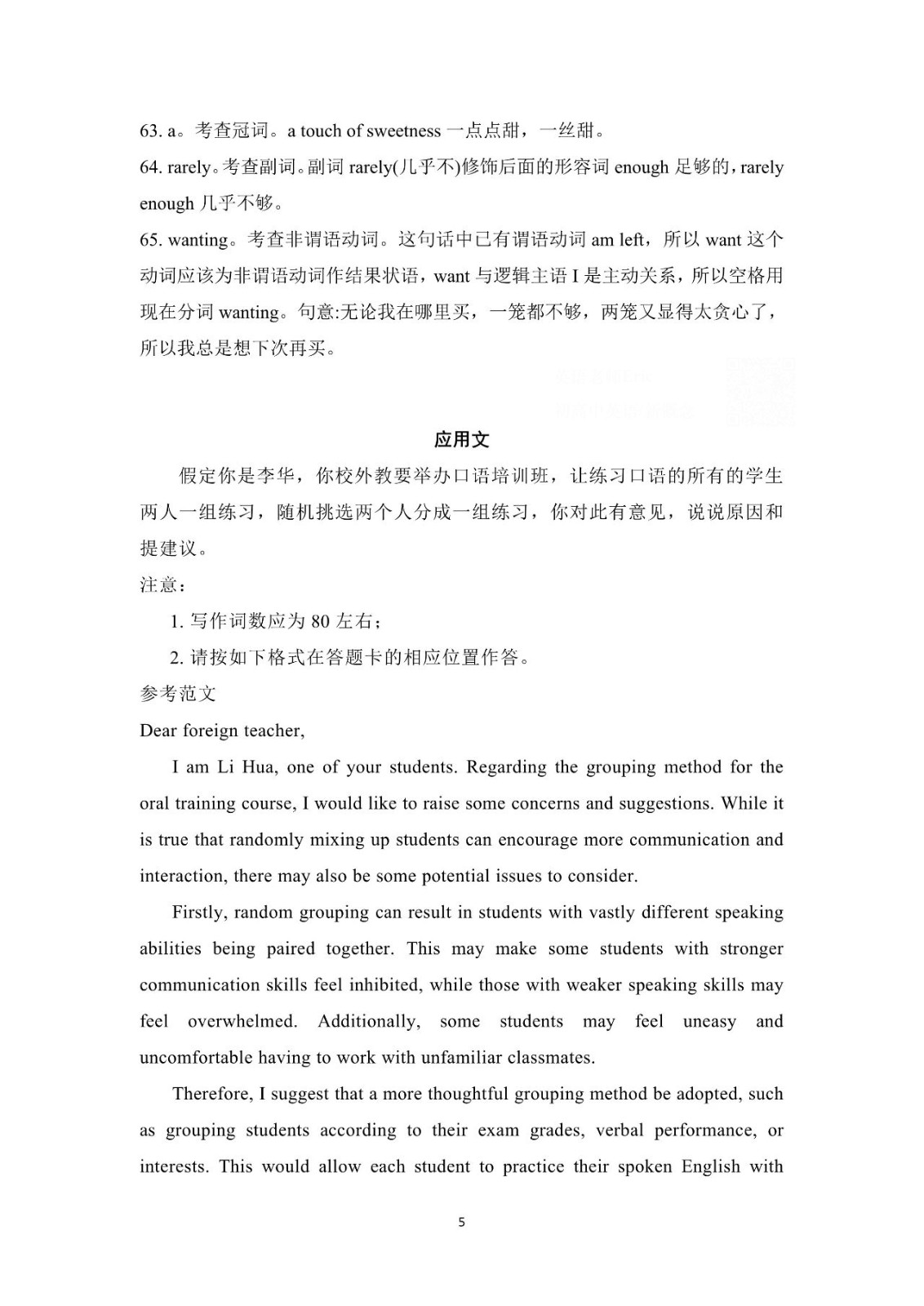
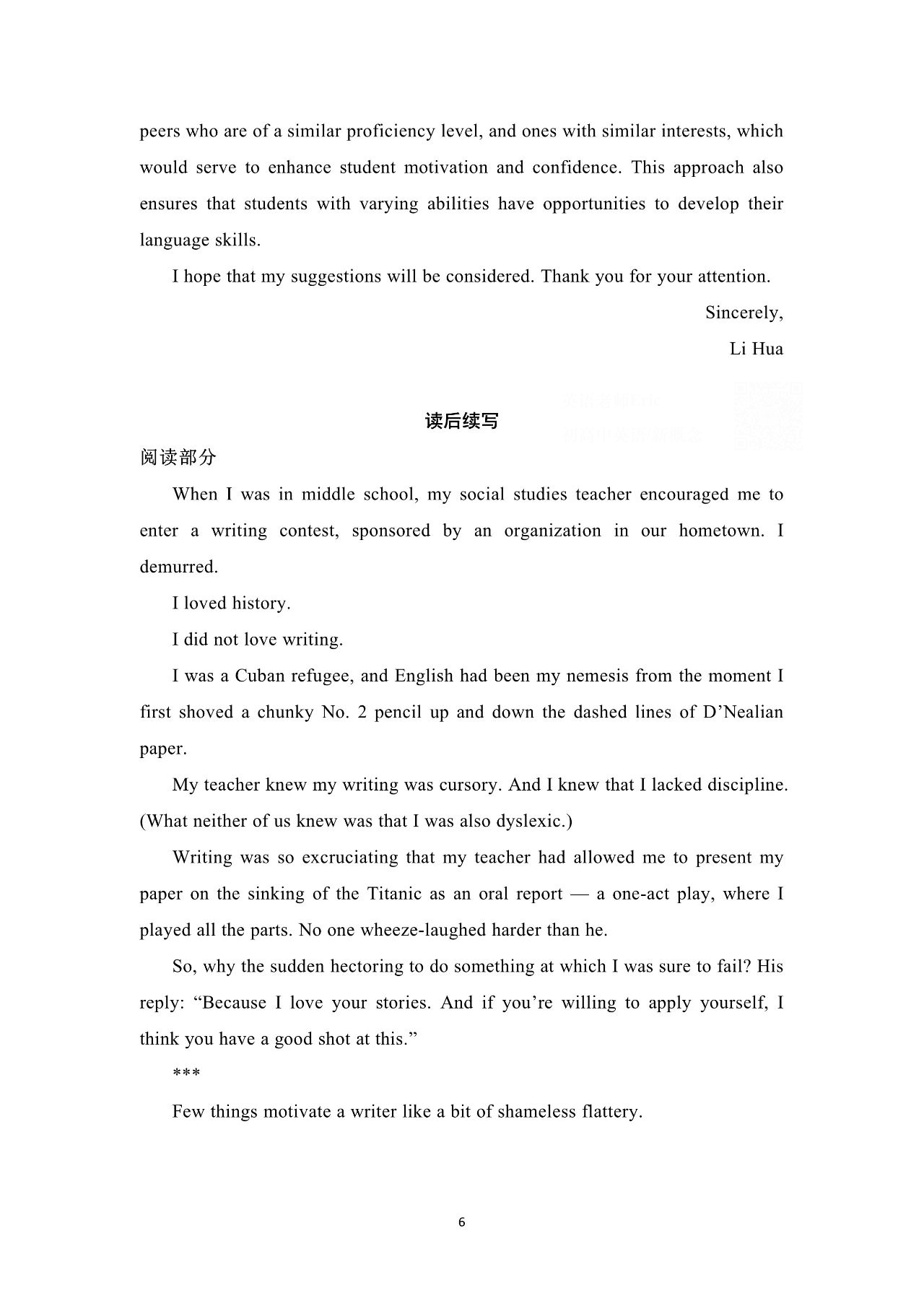
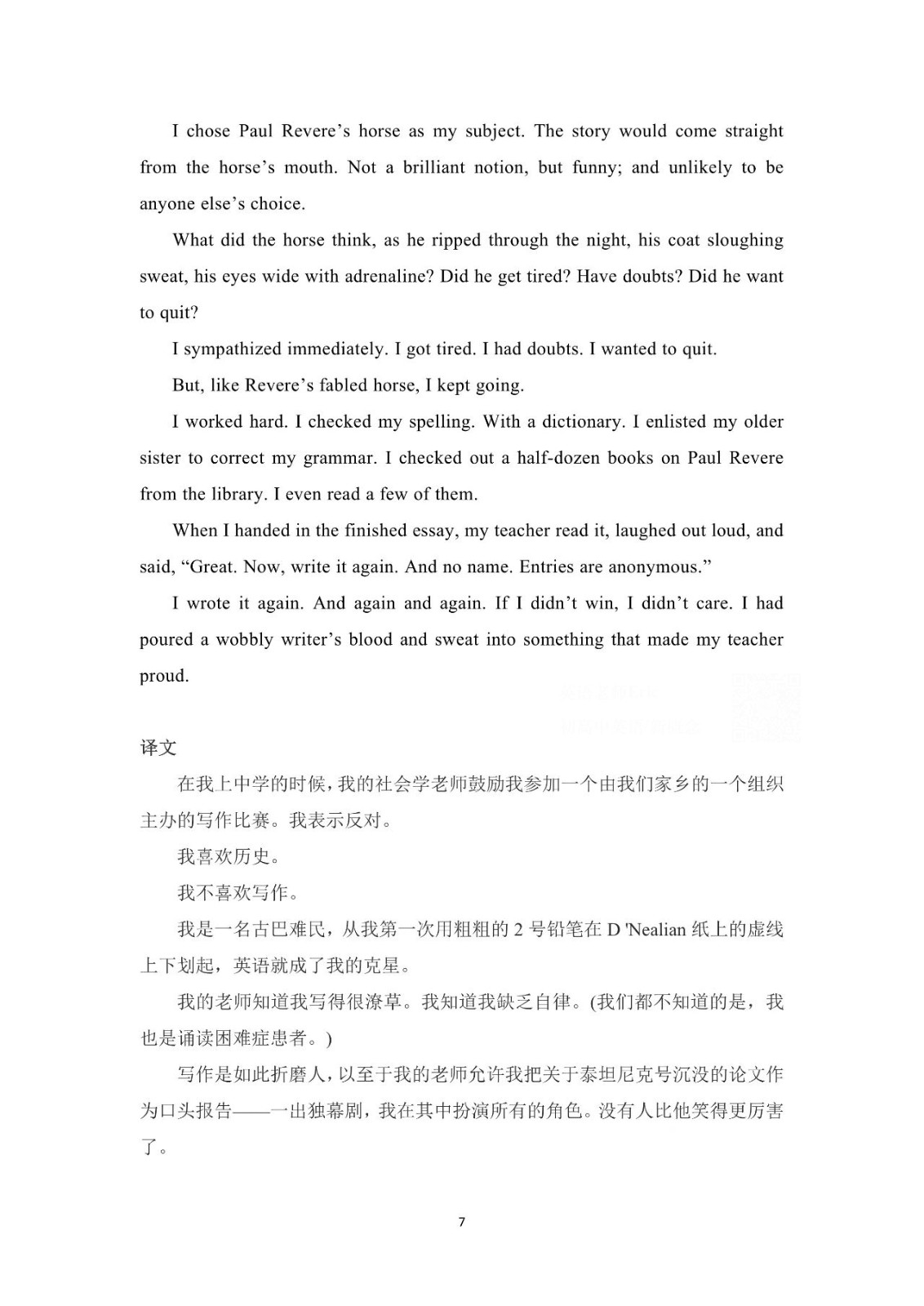
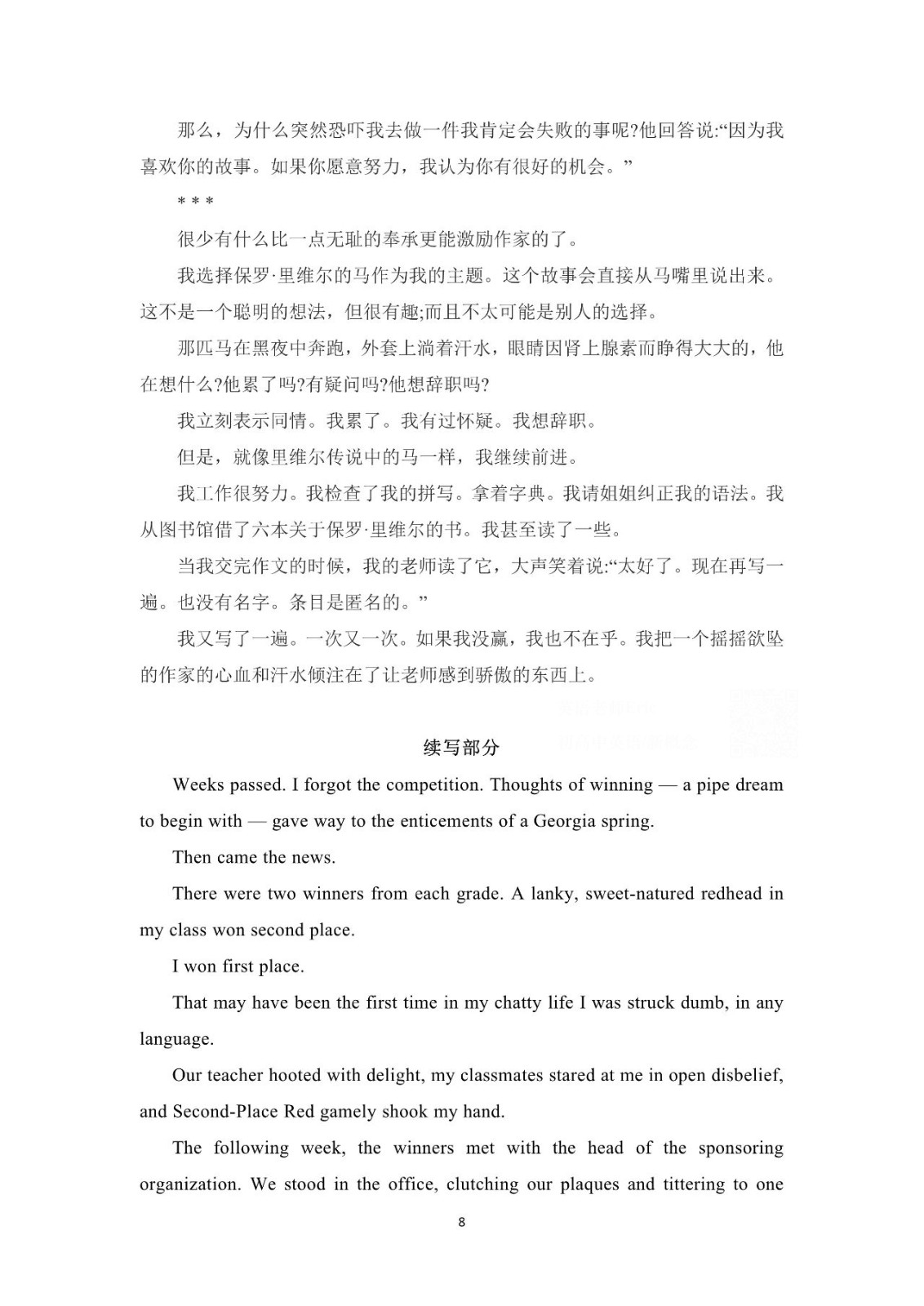
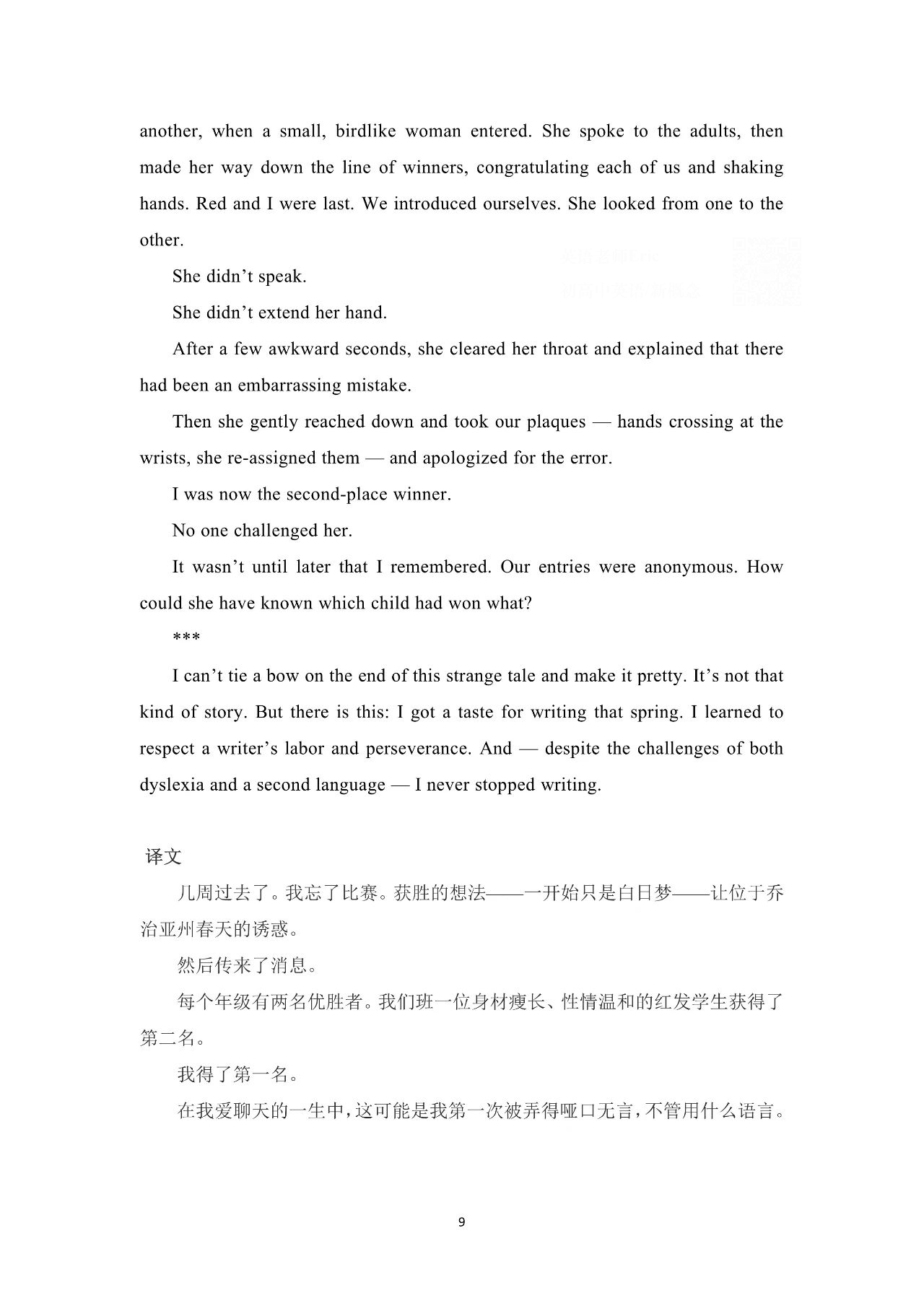
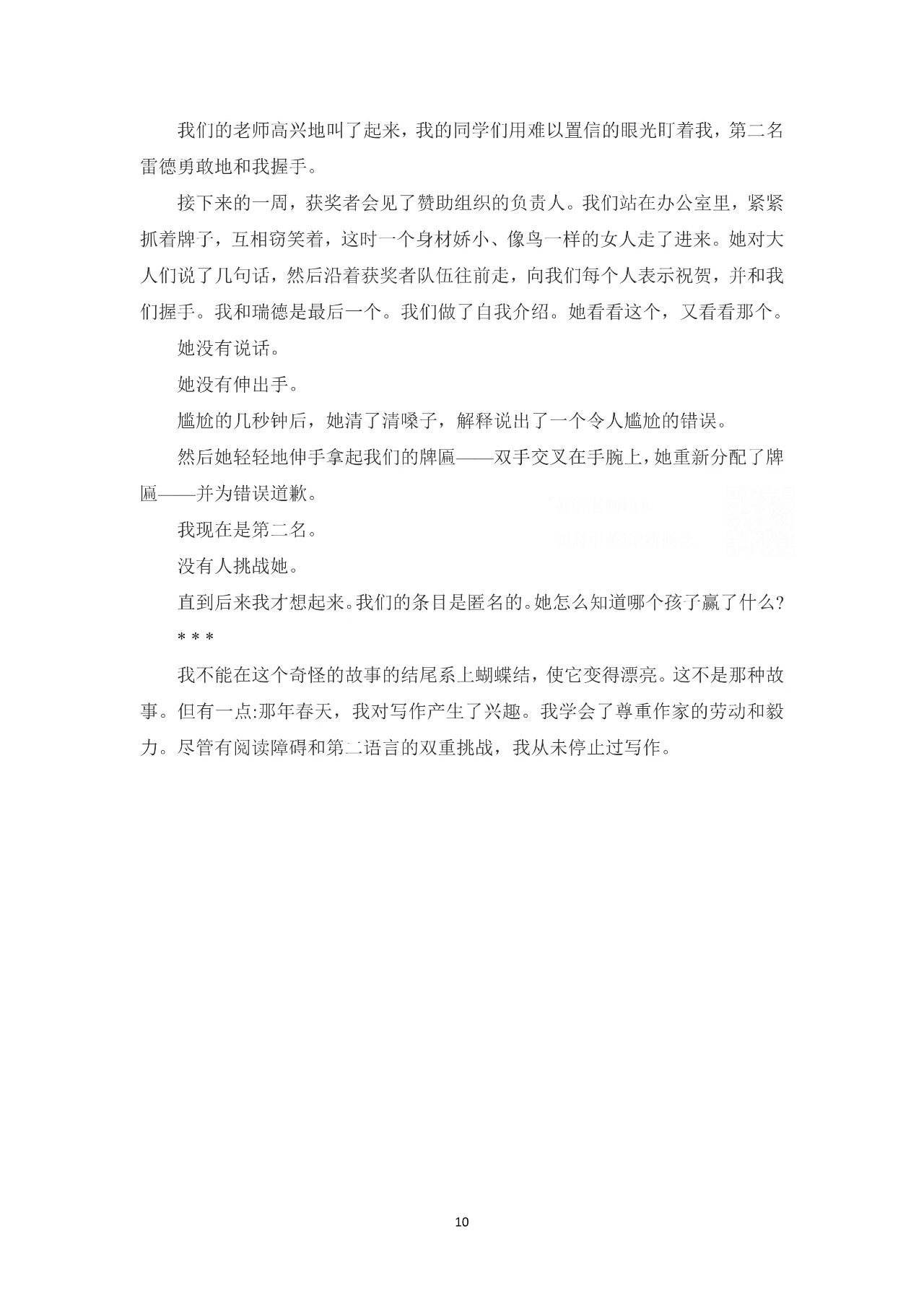
高考英语语法必备知识点
1. 宾语从句:一般疑问句做宾语,引入if或whether
例句: I want to know if he will join us in the discussion?
2. 原因状语从句:since引导的
例句: Don’t eat too much sugar since it is bad for your health.
3. 否定词前置倒装:scarcely...when。.
例句: Scarcely had he arrived at home when it began to rain.
4. If虚拟条件句
跟现在事实相反 一般过去式(be用were) would/should/might/could +动原
跟过去事实相反 had+done would/should/might/could+have done
跟将来事实相反 should+动原;were to do sth would/should/might/could +动原
5. 宾语从句:放在介词后面,作介词的宾语。
例句:I know nothing about him except that he used to work in Shanghai.
6.状语从句省略(分词作状语):从句的主语和状语从句的主语一致,状从省略采用分词作状语。例句:
(Because) being short of money, we can’t afford a TV set. =Because we are short of money, we can’t afford a TV set.
高三英语引语知识点
一. 直接引语和间接引语
(一)直接引述别人的原话,叫做直接引语;用自己话转述别人的话,叫做间接引语。间接引语一般构成宾语从句。直接引语必须放在引号内,间接引语则不用引号。直接引语改为间接引语时,除将引语部分变成宾语从句外,还必须对直接引语中的人称、时态、指示代词、时间状语、地点状语等进行改变。
1. 时态的变化:直接引语变为间接引语时,通常受转述动词said, asked等的影响而使用过去化的时态,即把原来的时态向过去推,也就是一般现在时变为一般过去时,现在进行时变为过去进行时,等等。例如:
Tom said to me,“My brother is doing his homework.”
→Tom said to me that his brother was doing his homework.
2. 人称代词、指示代词、时间状语、地点状语等等的变化: 根据意义进行相应的变化,例如:
She asked Jack,“Where have you been?”
→She asked Jack where he had been.
He said,“These books are mine.”
→He said that those books were his.
(二)直接引语改为间接引语时,都使用陈述语序,但是因为原句的句式不同,所以变成间接引语时所用的连词会有所不同。直接引语如果是一般疑问句,用连接词whether或if;如果是特殊疑问句,则用疑问词引导间接引语。转述的动词一般用asked,可以在其后加上一个间接宾语me, him, her, us等。如:
She said,“Is your father at home?”
→She asked me if/whether my father was at home.
“What do you do every Sunday?”My friend asked me.
→My friend asked me what I did every Sunday.
直接引语如果是祈使句,改为间接引语时,要将祈使句的动词原形变为带to的不定式,并在不定式的前面根据原句的语气(即请求或命令)加上ask, tell, order等动词,如果祈使句为否定式,则在不定式前加not。其句型为:ask / tell / order someone (not) to do something. 例如:
She said to us,“Please sit down.”
→She asked us to sit down.
He said to him,“Go away!”
→He ordered him to go away.
He said, “Don’t make so much noise, boys.”
→He told the boys not to make so much noise.
